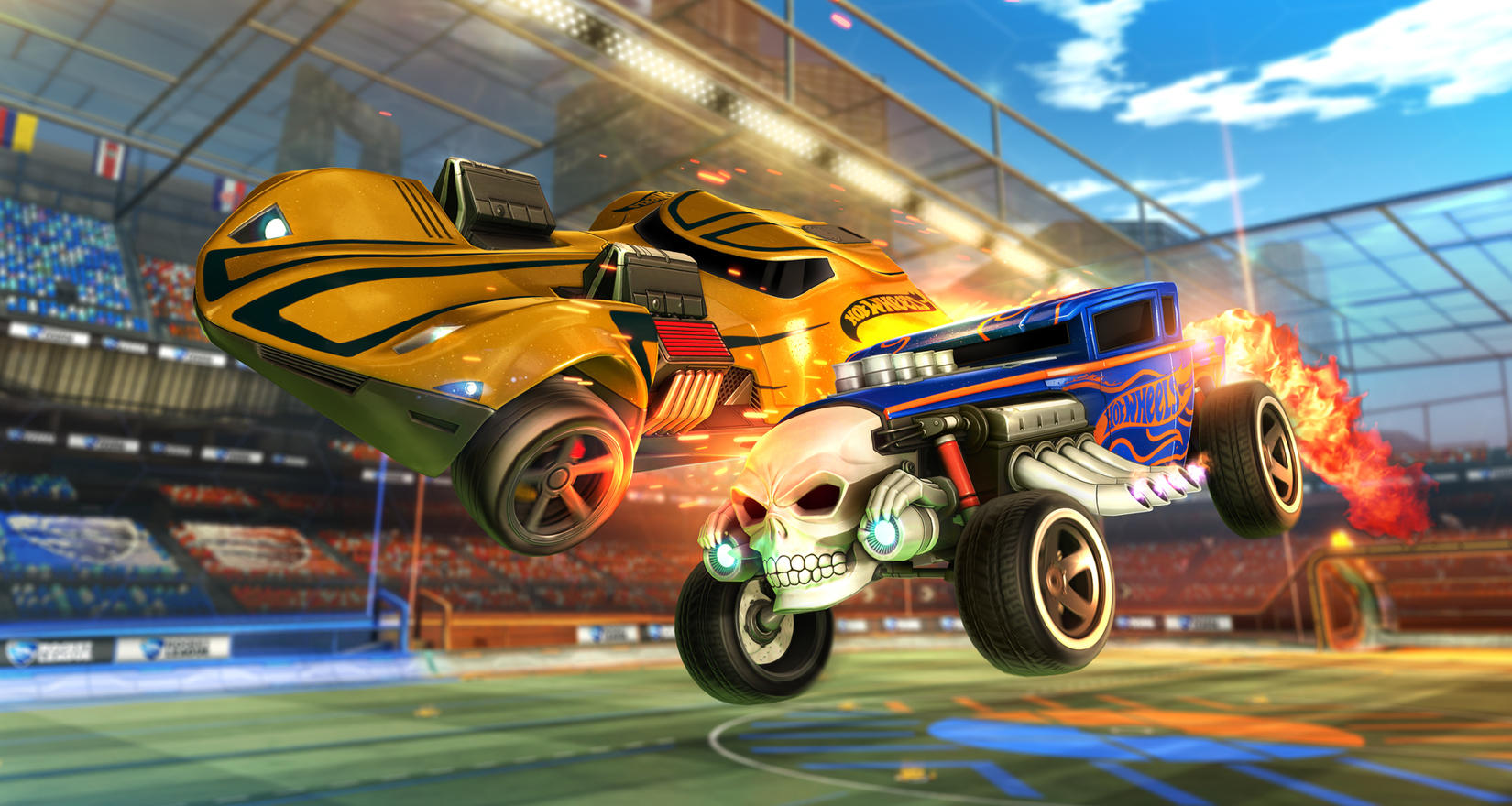Rocket League boss addresses poor server performance, matchmaking issues on PC
Dave Hagewood: "'Community First' has long been part of our mission statement here at Psyonix".

Since its launch almost two years ago, Rocket League has adding a huge amount of updates and DLC packs to its base game, it's firmly planted its flag in the esports scene, and even won our Multiplayer of the Year Award in 2015. Matt Elliott described it then as "fast, fun and relentlessly enjoyable"—a view seemingly shared by many players, given the fact the number of its active monthly players has jumped 40 percent over 2016 in the first few months of 2017 alone.
But this uptake in interest has resulted in server performance issues and matchmaking delays—forcing CEO Dave Hagewood to now address the issues, and he and his team's community, head on.
"While our player population continues to grow at a healthy pace, we need to do a better job at scaling up our systems and internal processes to handle this kind of growth," Hagewood explains via a Steam community post. "We are growing so fast, both as a company and as a game, that we are racing to fill new positions on our Online Services team.
"We are effectively becoming an Online Service company, as Rocket League is primarily an online game, and we continue to grow in size and scope. Growing this team is one of our top priorities as we approach Rocket League’s two-year anniversary in July."
Hagewood identifies issues with the Google Cloud infrastructure which powers Psyonix's PsyNet backend. The worst outages occurred last month, he says, thus the developer has assigned dedicated staff to oversee database reliability and stability, and work to improve "high-traffic features like Player Trading and 'Scraper API access'."
Similar specialised positions have been created to work on dedicated server performance problems - such as in-game lag spikes—while matchmaking delays in light of Rocket League's recent Dropshot update are being closely examined. "As this is a new problem, we are still investigating the root cause," says Hagewood. "We have made changes in the interim to reduce the likelihood of it recurring, but more substantial improvements will be made throughout 2017."
Hagewood signs off by stressing Psyonix will continue to work through these "growing pains", and that an imminent hotfix should tackle the most pressing issues.
Keep up to date with the most important stories and the best deals, as picked by the PC Gamer team.

